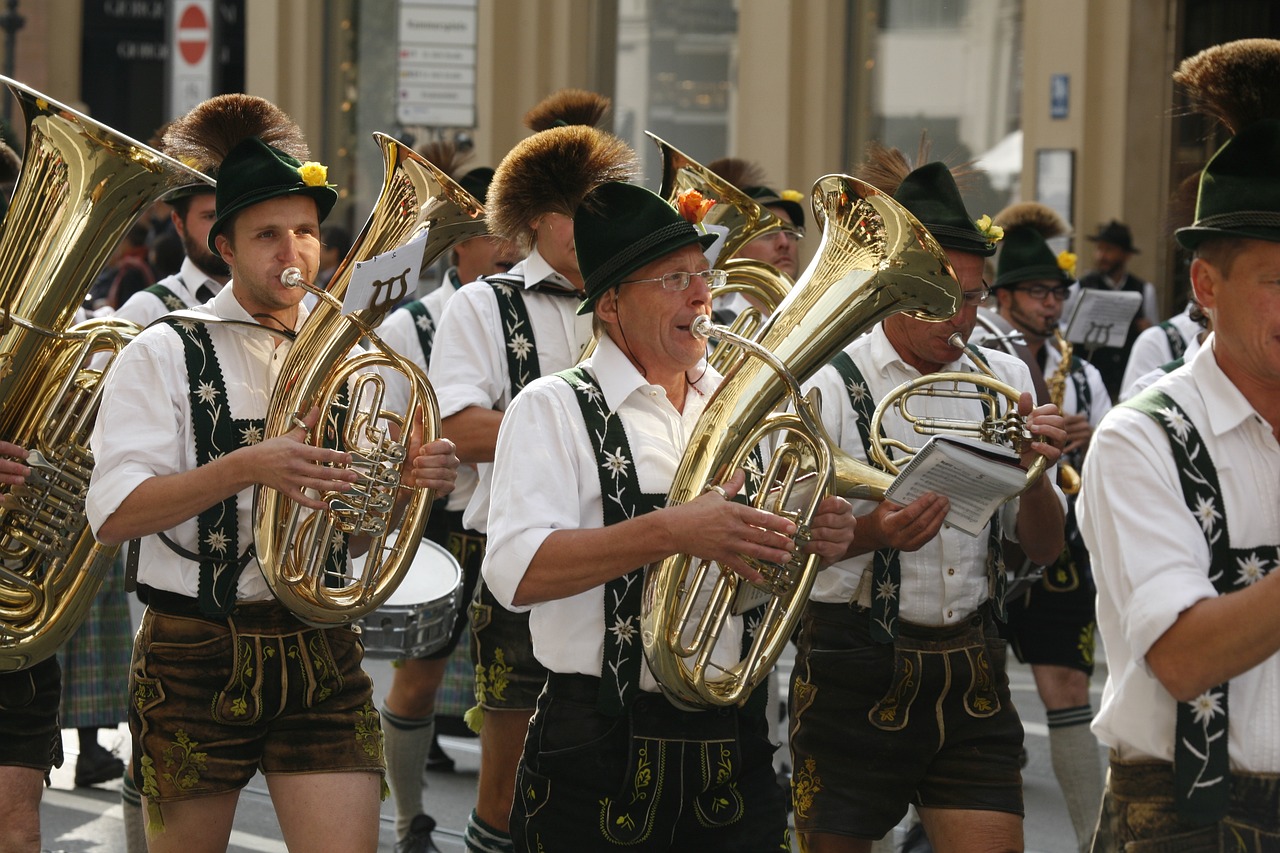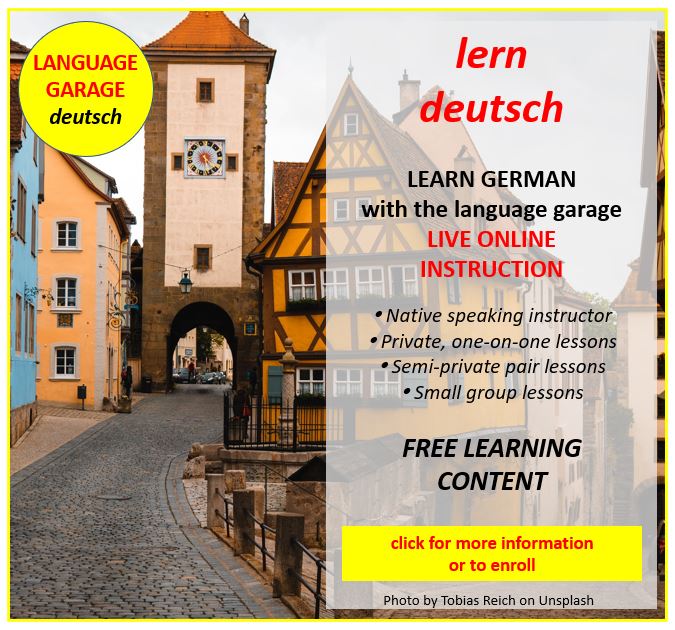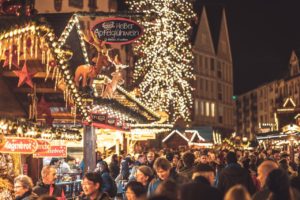Oktoberfest: A Global Celebration of Bavarian Tradition and (Of Course!) Beer
Oktoberfest is the world’s largest beer festival, but it’s also more than that. Oktoberfest is a celebration of Bavarian heritage and culture and one of Germany’s best known cultural attractions. Millions of visitors from around the globe attend Oktoberfest. Oktoberfest is held annually in Munich (München), and it lasts 16 to 18 days. The festival is an extravaganza of traditional food, music, and – natürlich! – Bier (beer). Oktoberfest may have started as a local celebration unknown outside of Bavaria, but today’s it’s an international phenomenon. Cities all over the world host their own versions of the festival. So let’s raise a glass and dig into the history and traditions of Oktoberfest.
History and Origins
Oktoberfest has its roots in a royal wedding. On October 12, 1810, Crown Prince Ludwig (later King Ludwig I) married Princess Therese of Saxony-Hildburghausen. To mark the occasion, the citizens of Munich were invited to join in the celebrations. These included horse races, music, and dancing. The event was such a success that locals decided to repeat it every year, and thus, Oktoberfest was born.
Although the festival began in October, it was later moved to start in September to take advantage of the milder weather. It now traditionally ends on the first weekend in October, with the last day often coinciding with German Unity Day, on October 3rd.
The Heart of Oktoberfest: Beer
If you know anything at all about Oktoberfest, it’s probably that it involves a lot of beer. Beer is central to Oktoberfest, but not just any old beer will do! There are strict standards. Only six breweries – known as die großen Sechs (the Big Six) – can serve beer at the official Munich Oktoberfest: Augustiner, Hacker-Pschorr, Hofbräu, Löwenbräu, Paulaner, and Spaten. These breweries produce beer that complies with the Reinheitsgebot, or the German Beer Purity Law of 1516. This law mandates that beer can only be made from water, barley, and hops. Oktoberfest beer is a special variety known as Märzen, a slightly stronger and darker lager traditionally brewed in March and stored over the summer for the fall festival.
Festival-goers drink beer out of one-liter mugs called Maßkrüge. The most common toast you’ll hear is a heartily shouted Prost! between sips. You’ll also hear Eins, Zwei, Drei, G’suffa! (One, two, three, drink!) or the local Bavarian version Oans, zwoa, drei, g’suffa! You’ll hear this quite a lot, actually, because festival-goers drink over seven million liters of beer each year! That’s why Oktoberfest has become synonymous with beer and the Bavarian brewing tradition.
Traditional Food and Festivities
While beer may be the star of Oktoberfest, the festival is also a celebration of Bavarian cuisine. Visitors can enjoy a wide variety of traditional dishes, including Brezn (pretzels), Hendl (roast chicken), Schweinshaxe (pork knuckles), Würstl (sausages), and sauerkraut. Sweet treats like Apfelstrudel (apple strudel) and Lebkuchenherzen (gingerbread hearts) are also popular.
Music is another key element of Oktoberfest. Each Festzelt (beer tent) has its own brass band that plays a mix of traditional German folk music, polkas, and more contemporary tunes. It’s not uncommon to hear festival-goers break into song, dancing on the benches with mugs of beer in hand. The vibrant atmosphere in the tents makes them a focal point of the celebration.
Outside the beer tents, there’s plenty of entertainment to enjoy across the Theresienwiese, the festival grounds. Visitors can find carnival rides, games, and parades featuring people in traditional Bavarian Trachten (costumes). The traditional clothes include Lederhosen (leather shorts for men) and Dirndls (traditional dresses for women) as well as Haferlschuhe (traditional shoes worn with Lederhosen) and a Trachtenhut (a felt or wool cap, often with feathers).
Global Influence
Though Oktoberfest is deeply rooted in Bavarian culture, its influence has spread far beyond Munich. Countries such as the United States, Canada, Brazil, and Australia have embraced the tradition, and they host their own Oktoberfest events. These international versions may not match the scale of the original, but they definitely capture the energy and essence of the original. They also bring a little bit of Bavaria to the rest of the world, mixed with a little local color.
A Festival of Tradition and Unity
So yes, think of beer when you think of Oktoberfest, but remember that the festival is also a celebration of community, tradition, and togetherness. Go ahead and celebrate! Raise a mug of beer in Munich or attend a local version of the festivities where you live. Either way, you’ll have a chance to experience Bavarian hospitality and the joy of shared celebration. With its rich history, lively atmosphere, and delicious beer, Oktoberfest captivates people worldwide, bringing a taste of Germany and Bavaria to every corner of the globe.
Learn German with the Language Garage!
We hope you’ve enjoyed learning about Oktoberfest! If you’d like to learn German check out our other posts on German language, culture, and more. And if you’re looking for convenient and affordable live German lessons with a real teacher, check out The Language Garage German. Our lessons are given online in a virtual classroom, so it doesn’t matter where you live or work. We can come to you. And we have flexible options, with a free trial so that you can decide if there’s a fit. Check us out!
Image by Hans Lohrmann from Pixabay






